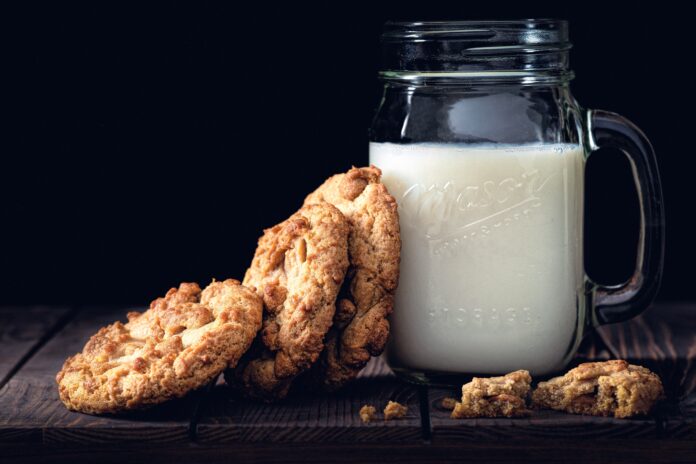Milk is a staple in many homes, and you may be wondering if paying a couple of extra dollars at your farmers market for local milk is worth the investment. Let’s take a look at the differences between supermarket and farmers’ market milk.
Source
Supermarket milk is mass-produced and sourced from large commercial dairy farms. These farms have a large amount of cows, and they combine the milk from different cows.
Farmers market milk, as the name suggests, comes from local farmers who often have smaller herds of cows. The farmers usually sell the milk directly to a local dairy.
Processing
Supermarket milk is pasteurized and homogenized to ensure safety and consistency. Pasteurization involves heating the milk to kill harmful bacteria, while homogenization breaks down fat molecules to prevent separation.
Farmers market milk can be sold in different forms, including raw milk, which hasn’t undergone pasteurization or homogenization.
Taste
And finally, taste.
The taste of supermarket milk can vary based on factors such as the brand, processing methods, and how it’s handled during transportation and storage.
Farmers market milk is considered by many to have a richer and more authentic flavor, reflecting the unique characteristics of the farm, the cow’s diet, and the freshness of the product.






